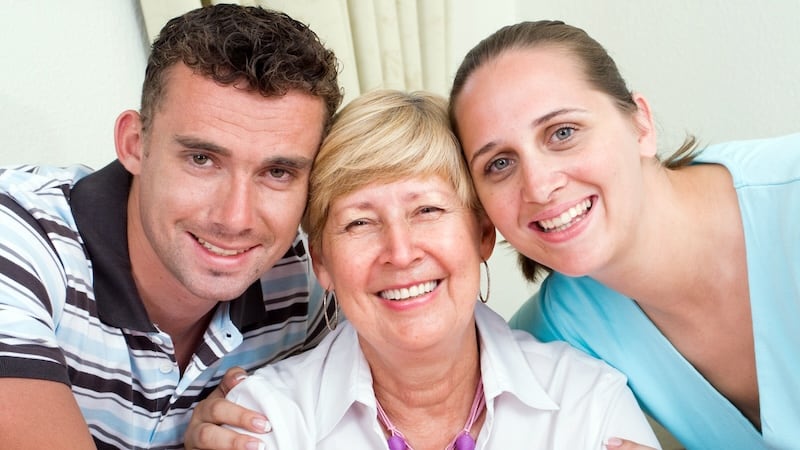Tackling Child Abuse
Take your suspicions to a counselor or teacher for reporting
I am so worried and don’t know what to do. I don’t know when I should keep my mouth shut to keep the peace and when doing nothing is wrong! My son, daughter-in-law and two granddaughters live an hour away from me. My precious granddaughters are 5 and 7 years old, and I get to see them several times a month. I have always been close to my son and his wife, but my daughter-in-law’s brother has just gotten out of prison, and the current plan is that they are letting him move in with them until he “gets on his feet.” I don’t know everything about this young man, but my son used to refer to him as the “loser,” and I know he went to prison for something to do with drugs. I told my son I don’t think they should allow this type of influence in the house with the girls. But he said that while he agrees it isn’t the best, he feels he has to let his wife give her brother a chance. Is there any more I can or should do?
– Julia
DEAR JULIA,
I have a lot of respect for you, trying to be sensitive but also protective of your grandchildren. These situations are difficult and you have to balance preserving the good relationship you have with your son and his wife with being responsible and doing all you can to keep the children safe.
I have had clients who have had to call child protective services on their own family members when they suspected that minor children might be either neglected or abused. This is serious and should not be taken lightly.
I always tell my clients that if you suspect that children’s basic needs are being neglected, or that they are being physically, emotionally or sexually abused, you need to tell an appropriate person so that the situation can be assessed by a professional. Often it is best to tell a counselor the concerns. Professionals such as counselors and teachers are mandated reporters. This means that if they are told of a situation that leads them to suspect that a child may be abused or neglected, they are required by law to report it to Child Protective Services, where it can be assessed by a professional.
However, the situation your grandchildren are in does not sound like it is necessarily putting the children in danger. Your son may be right – it may not be optimal – but it sounds as if he and his wife don’t believe the children are in harm’s way. When people get out of prison, they typically need to let their parole officer know where they are living. So chances are that if this young man had a history of hurting children, a condition of his parole would be that he couldn’t live with minor children. There is also a chance that this man has matured and will straighten his life out. If that happens, perhaps your grandchildren will learn valuable lessons about people working to improve their lives and compassion toward others who have had a hard time.
It is great that you see your grandchildren so regularly. They are lucky to have you. My best suggestion would be to stay close to them and your son and daughter-in-law, be careful about saying things that will be construed as overly judgmental, and if you become aware of things that concern you, start by mentioning them to your son. Using a counselor for help navigating situations like this is an appropriate and sensitive way to handle it.
– Fran
Fran Marmor, LCSW, has been a psychotherapist for more than 20 years. Though changing some details, she writes of actual cases for BOOMER from Fort Collins, Colorado. Reach her at marmor@greyrock.org.


